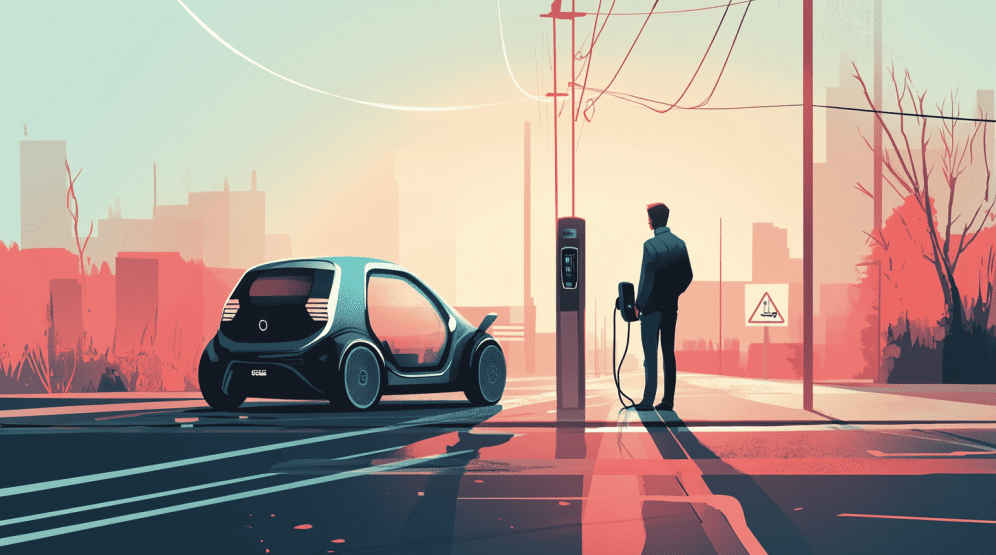Electric vehicles (EVs) are increasingly popular, but a large portion of the population is still hesitant to buy one. And frankly, some of their concerns are valid. Before buying an EV, check out these 20 concerns people have about electric cars.
20. Lack of Charging Stations

One of the biggest frustrations of electric vehicle owners is a lack of charging stations. Yes, they can charge their cars at home, but on the road it can be difficult to find a charging station. It makes the idea of long road trips risky. Studies show this is the #1 barrier keeping people from purchasing an electric vehicle.
19. Charging Is Too Time-Consuming

With fuel-powered vehicles, you pull up to the station, refuel, and you’re on your way again in minutes. However, with electric vehicles, at the fastest – direct current fast charging – it takes 20 minutes to 1 hour to go from zero to 80% charge. Level 1 charge takes from 5 to 6 hours. Level 2 charging takes 4 to 10 hours.
18. Batteries Are Expensive to Replace

The media has terrified consumers with tales of people needing to replace the battery on their EV after only a short time. One EV owner was quoted $60,000, which was more than the car was worth, and voided the vehicle’s warranty. A March 2023 survey found EV battery replacement costs range from $5,000 to $20,000.
17. Range Anxiety

Another top reason people avoid purchasing an electric vehicle is so-called “range anxiety.” This is the fear that the battery doesn’t have enough of a charge to get them to their destination. Charging stations are still not ubiquitous enough to alleviate fears that the battery could run out before one can find a charging station.
16. Fear Their EV Will Catch on Fire

Repeated stories in the media of electric vehicles catching on fire have created fear and a negative perception of EVs. Generally speaking, electric vehicles aren’t more susceptible to catching fire than fuel-powered cars. But it probably didn’t help that Chevrolet recalled over 60,000 electric vehicles because they could “spontaneously combust.”
15. EVs Are Too Expensive

Under inflation, the cost of all vehicles, new and used, has risen exponentially. While new fuel-powered vehicles are pricey, electric vehicles are significantly more expensive. The average cost of an EV is around $54,000. Higher-end electric vehicles start around $65,000 and up. The least expensive electric vehicle is the Nissan Leaf at $29,280, with a range of only 149 miles.
14. EVs Aren’t Suitable for Long Driving Trips
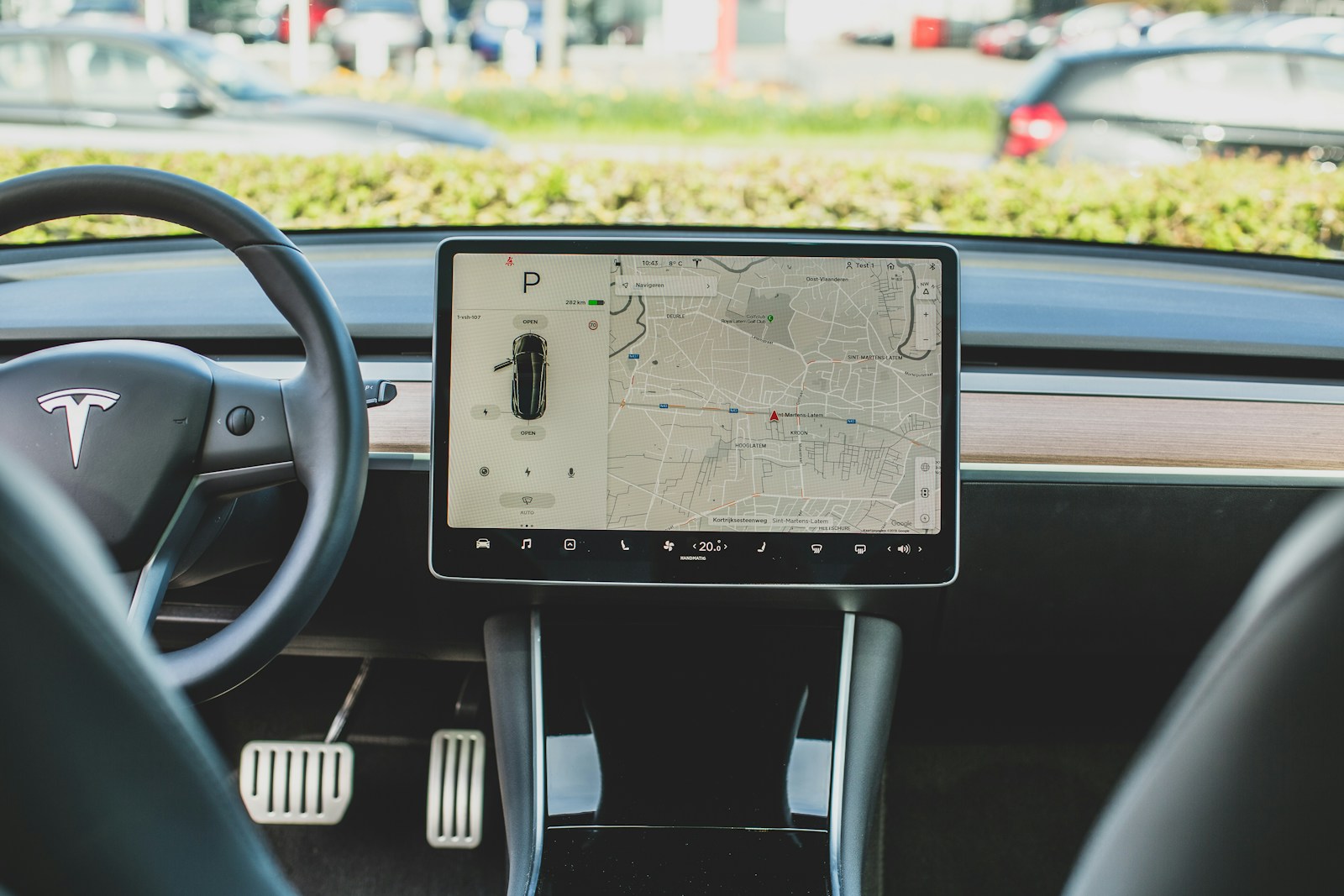
Several factors make electric vehicles unsuitable for long-range traveling. First, the average range of an electric vehicle is around 211 miles, according to Octopus Electric Vehicles. Second, the limited availability of charging stations could make it difficult to get from one charging point to another. Trips must be planned and routed around charging stations.
13. EVs Are Poorly Suited to Winter

Winter significantly affects electric vehicle batteries. In cold weather, batteries have longer charging times, a temporary reduction, or a lesser range. “Electric vehicles can lose up to 30% of their range in freezing temperatures,” according to CBC Canada. Other estimates put the loss at 41%. EVs prefer temperatures around 70°F. Their safe operable range is 32-140°F.
12. EVs Are Difficult and Expensive to Repair
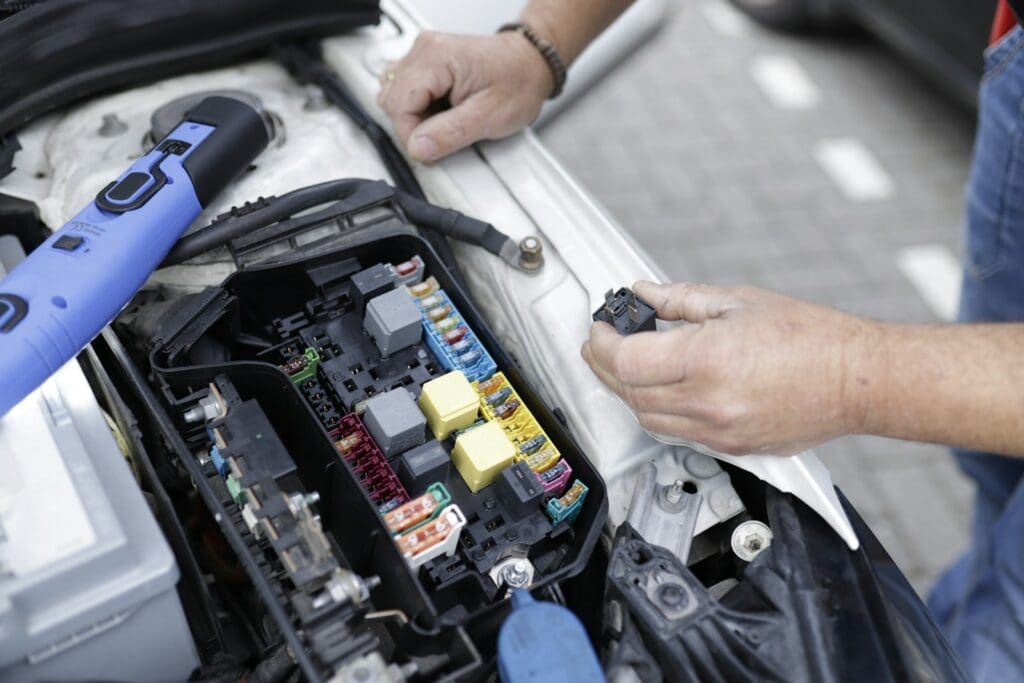
Several factors make EVs expensive to repair. Since electric vehicles are relatively new and complicated, few repair shops know how to deal with them and their issues. “EVs cost substantially more to fix, at $6,787 per collision versus $4,420 for cars of all model years in 2022,” according to Road & Track.
11. There Aren’t Enough Used EVs on the Market

The electric vehicle market is still relatively new. Because of this, there are limited numbers of used EVs available. Because of supply and demand, even used EVs are still more expensive than the average used fuel-powered car. The average used electric vehicle sells for $43,000, which is still more expensive than some new fuel-powered vehicles.
10. Gasoline Vehicles Deliver Better Performance

Electric vehicle makers hype up the fact EVs accelerate quicker than gas cars. But are you going to be drag racing? It distracts from the fact that EVs can’t go faster than fuel-powered cars overall, especially for longer periods of time. Gas vehicles have performance advantages on long drives or sustained towing.
9. Charging an EV Is Expensive
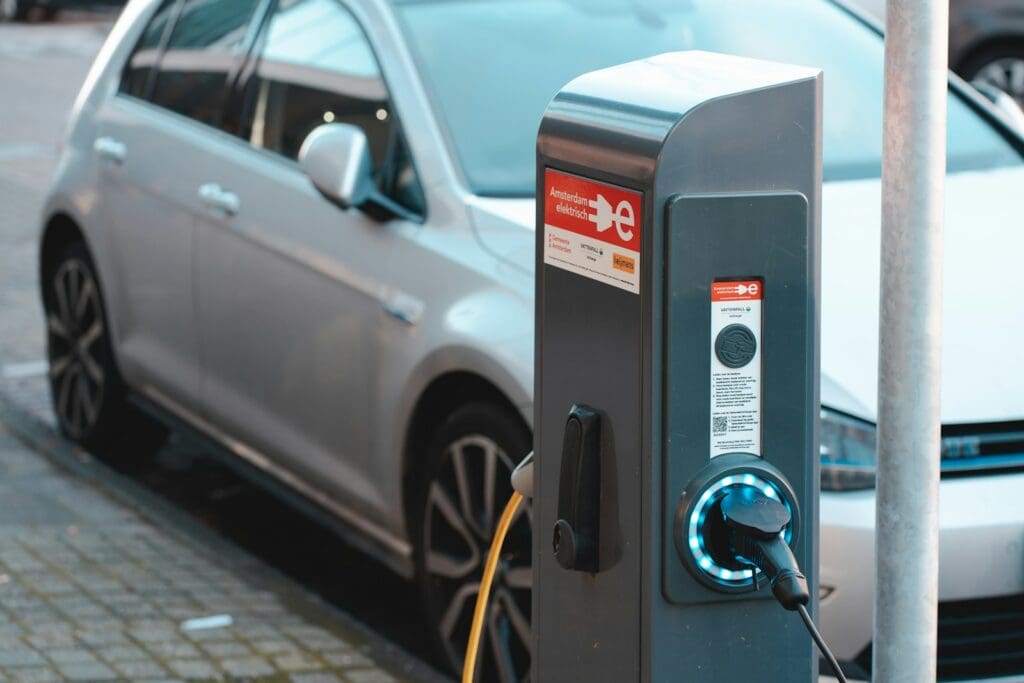
A CNET article quoted a charging expert who stated, “Charging your electric vehicle at home during peak rate times with a typical level 2 charger is ‘the equivalent of adding a whole new home’ to your energy bill.” Some EV owners have figured this out and often prefer to pay to charge their electric vehicle at a charging station.
8. Fast Charging Shortens Battery Life
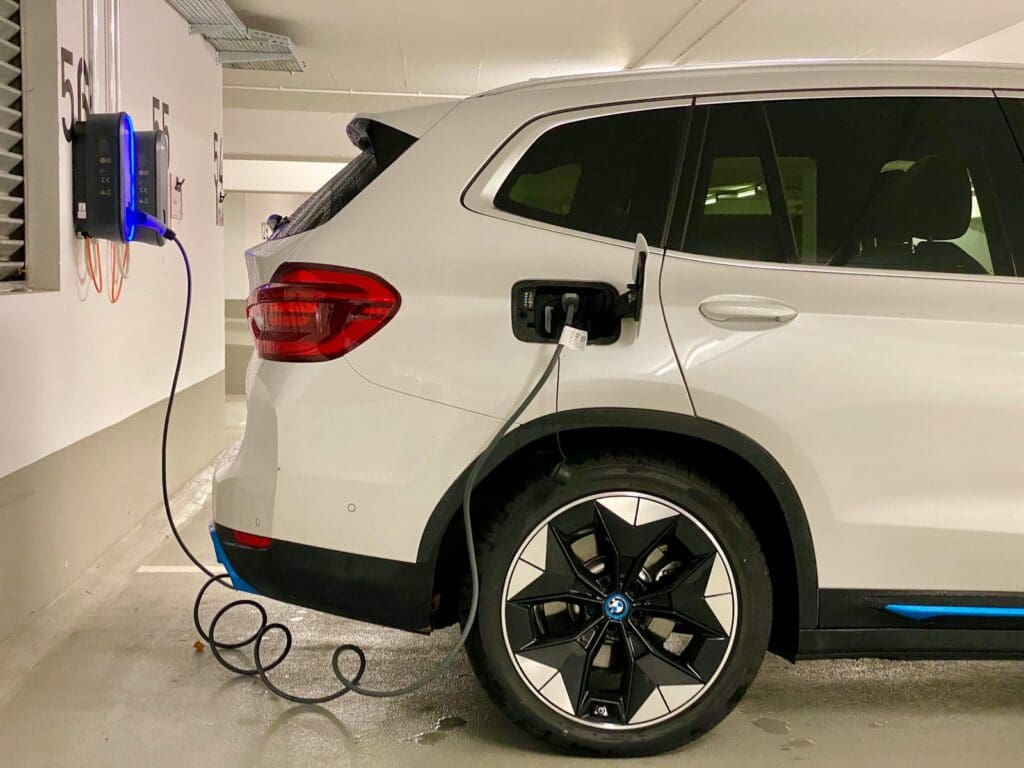
In general, all rechargeable batteries wear out through repeated charging. However, constantly using the fastest form of charging, Direct Current Fast Charging, can wear your battery out faster and ruin it. “Battery performance and durability can deteriorate if the DC charger is used constantly,” according to Kia Victoria. “Use of DC charging should be minimized to help prolong battery life.”
7. EVs Are More Expensive to Insure

How insurance works… The more expensive the vehicle, the more it costs to insure it. Generally, EVs are more expensive than fuel-powered vehicles. Thus, EVs come with a higher insurance cost. According to Progressive, “An electric car’s higher price tag and more complex equipment means it may cost more to repair or replace if it’s in an accident.”
6. EV Batteries Reduce Passenger and Cargo Space
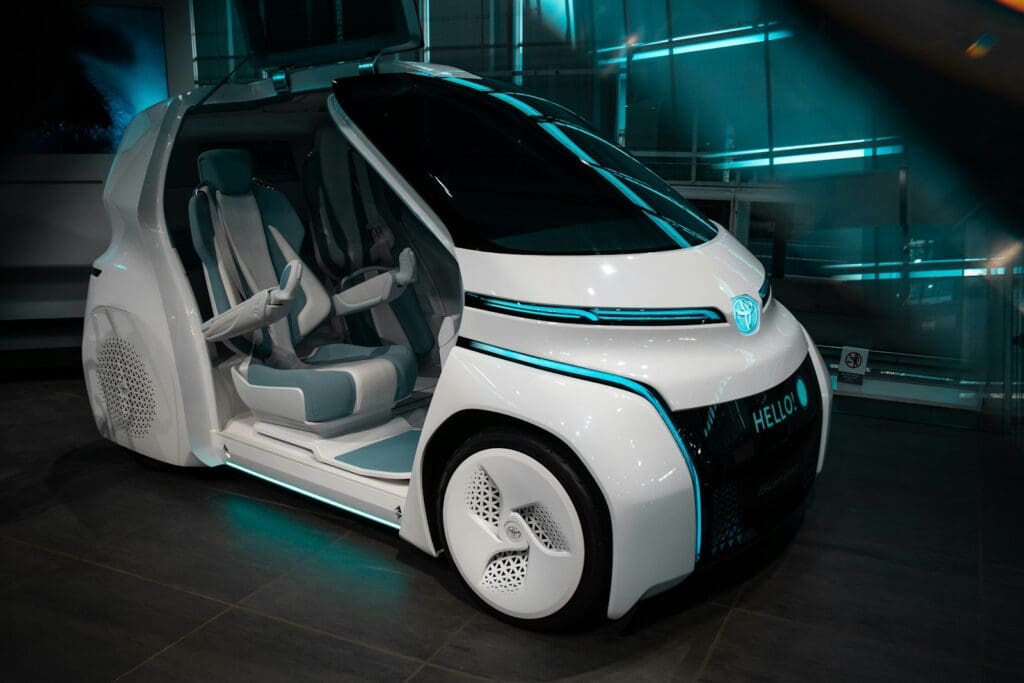
Electric vehicle batteries are quite large. To make space for them, some vehicle manufacturers have sacrificed passenger and/or cargo space to make room for the batteries. This is especially true in hybrid vehicles, which have to compromise both passenger and cargo space to accommodate a gasoline engine and a battery.
5. EVs Are Harder to Come By
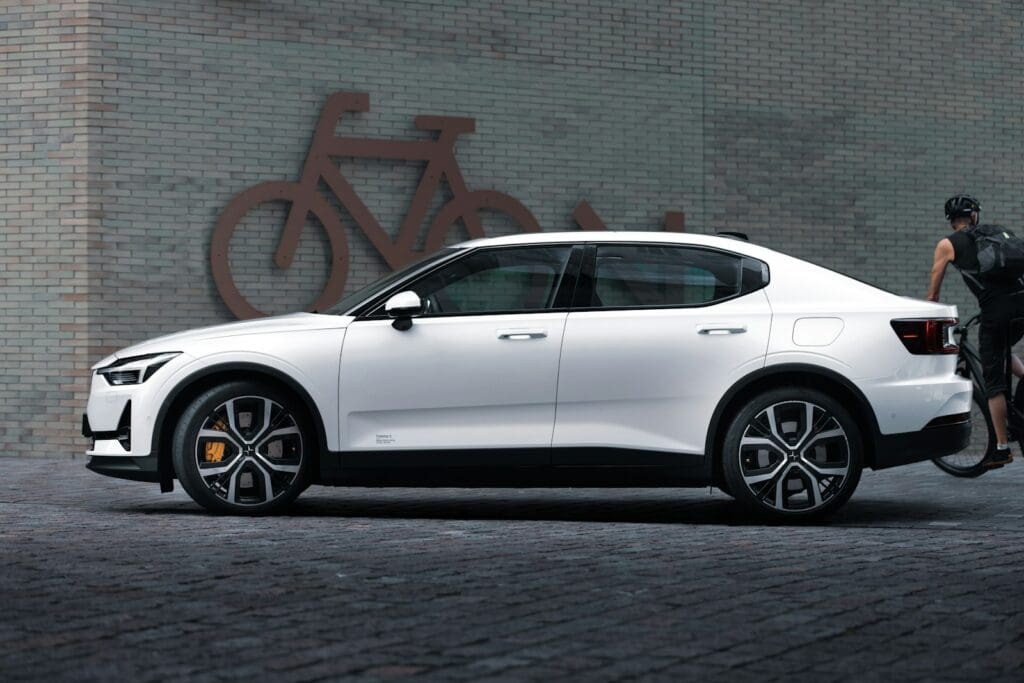
While many drivers are still hesitant to buy an electric vehicle, for those ready to make a purchase, available vehicles are limited. Production has not kept up with demand. Consumers ordering an EV can wait months, or even a year, for it to be completed. Your choices are limited to what’s on hand if any at all.
4. Some Consumers Think EVs Need Gas Too

Some consumers are misinformed about EVs and confused about how they work. These consumers believe that electric vehicles still need some gas to operate, believing EVs to be some type of electric-gasoline hybrid. Therefore, they see no point in owning an electric vehicle if you still have to put fuel in it.
3. Building Electric Vehicles Creates More Emissions

Environmentalists and politicians have advocated and legislated for the switch to electric vehicles to reduce carbon emissions in the environment. However, manufacturing EV batteries creates roughly 60% more carbon emissions. “Brakes and tires on EVs release 1,850 times more particle pollution compared to modern tailpipes,” according to the New York Post.
Read More: In the Market for a New Ride? AVOID THESE CARS in 2024
2. EV Batteries Require Rare Metals

Rare earth metals are vital ingredients for manufacturing electric vehicle batteries. This requires mining to acquire lithium (lots of it), copper, cobalt, nickel, manganese, and aluminum. However, some of these metals, particularly cobalt, emit things that are toxic to humans. In the countries where these metals are obtained, men, women, and children harvest cobalt using little to no protective equipment.
Read More: 15 Best Electric Cars to Buy in 2024
1. EVs Are Only as Green as Their Power Sources
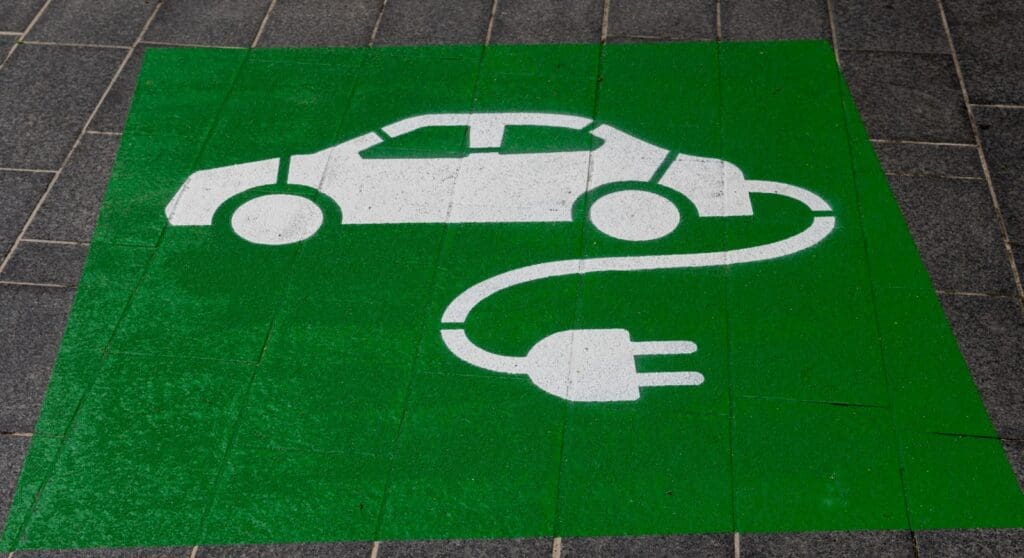
Environmental concern is the key factor in encouraging or legislating drivers to switch to electric vehicles. However, charging electric vehicles also has an impact on the environment. Only when an electric vehicle is charged using renewal energy is its negative environmental impact decreased. Otherwise, an increase in nonrenewable electrical power usage negates any gains.
Read More: Cars Being Discontinued in 2024

